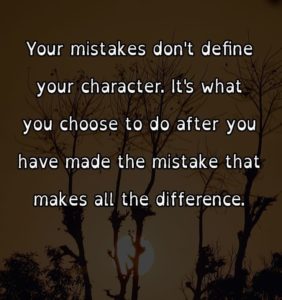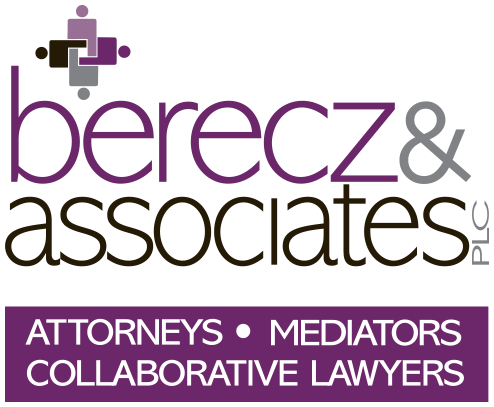
The Friendship Foundation
January 30, 2024
Wake Me Up: Crack of Dawn Customs
April 23, 2024Disclosing a wrong only you know about is scary. You might have to ask for forgiveness but that’s only needed if the wrong is known. When it’s not, the question is whether to disclose or not to disclose.
Oh there are the wrongs that are more than known.
They were splashed across the front page. They are the only thing people are talking about (or so you think). The whole family knows. TikToks have been created about them. They are certainly no secret.
It might be easier to grant forgiveness than to disclose an unknown wrong. Acknowledging and disclosing a wrong requires vulnerability and honesty and humility. It’s not for the weak. And disclosing isn’t always the right thing to do either.
Consider the following “disclosing a wrong” dilemmas:
- Mark had a flirtation going with a co-worker. Nothing had developed to this point and Stephanie didn’t know about it. She just knew that Mark was distant and worked a lot of hours. And now the flirtation was over. The other person involved had been transferred across the country. Does Mark tell Stephanie he was really attracted to this co-worker and it may have gone further if she hadn’t been transferred? Or is that imposing unnecessary pain on Stephanie and Mark should double-down and invest in his marriage?
- Cami failed to include an important feature limitation on a new piece of equipment listed in her proposal to the company’s largest customer. The customer may never have a need for that feature. Should Cami disclose the limitation to the customer now? Or does “buyer beware” apply?
- Oliver overlooked an important step on the last surgical procedure he performed yesterday. It could go completely unnoticed and have no impact. The body’s ability to heal is legendary. Or…it might have an impact down the road. What does Oliver say to the patient during the post-surgery visit?
- Alisa shared information Olivia relayed in confidence. But it was too good not to share and Alisa told her best friend–who promised not to tell a soul. Does Alisa acknowledge her lapse to Olivia? Or does she just hope Olivia never finds out?
The Perch of Perfection: Why humans have so much difficulty disclosing a wrong or all out failure.
Most of us were rewarded as kids for cleaning our rooms, doing our homework, and not hitting our sister! And as adults, we admire and celebrate success and strength at the cost of vulnerability. We fear judgment or rejection if we miss the perfection target and disclose a wrong. And yet we do miss it. Regularly if we are honest. Let me assure you, as obsessive as I tilt, and as careful as I try to be, I miss the mark and get it wrong sometimes. Lawyers are human too!
Working Through the Fear: It’s worth it. 
Start with cultivating a little compassion–for yourself. You are a human not an AIBot. Humans are not perfect. Climb down from the Perch of Perfection and recognize that imperfection is part of the human experience. Start small and find someone who is mighty at being real and authentic and reciprocate with some honesty of your own and practice disclosing a wrong. Recognize that the perfection perch is a tiny little platform and balancing up there is exhausting. And while you may think that people admire all the perfection you appear to portray, in reality they respect someone more who is strong enough to be real and vulnerable.
Step on to the Other Side for a Minute: Empathize
When considering disclosing a wrong, I think the best way to evaluate whether to disclose a mistake or flat out wrong, is to ask, if you were the other party, would knowing be a gift which could be opened and dealt with or would it just inflict pain? How would not disclosing square with your values and principles? Upholding your own ethical standards is what allows you to hold your head high and put that same head on a pillow at night and sleep well. Maybe you first disclose to a trusted, wise third party (still would require climbing off the perch) and ask for advice. It’s a step toward wholehearted connection (to use Brené Brown’s phrase; for her legendary TED Talk see http://tinyurl.com/mcrhjaeb).
Disclosing a Wrong: Do it Well (not perfect, just well!)
Don’t dress it up. Don’t start with an excuse. “I was really stressed at the time.” I didn’t intend to but….” Speak the truth or don’t disclose. “I made a mistake.” “I overlooked an important step.” “I need you to know about something I did/failed to do.” For the art of a good apology, see https://familyresolutions.us/2023/02/20/how-to-apologize/
How would you respond to the above situations? Share in the comment section and in a few weeks, I’ll share my responses too.
Wishing us all wisdom,






